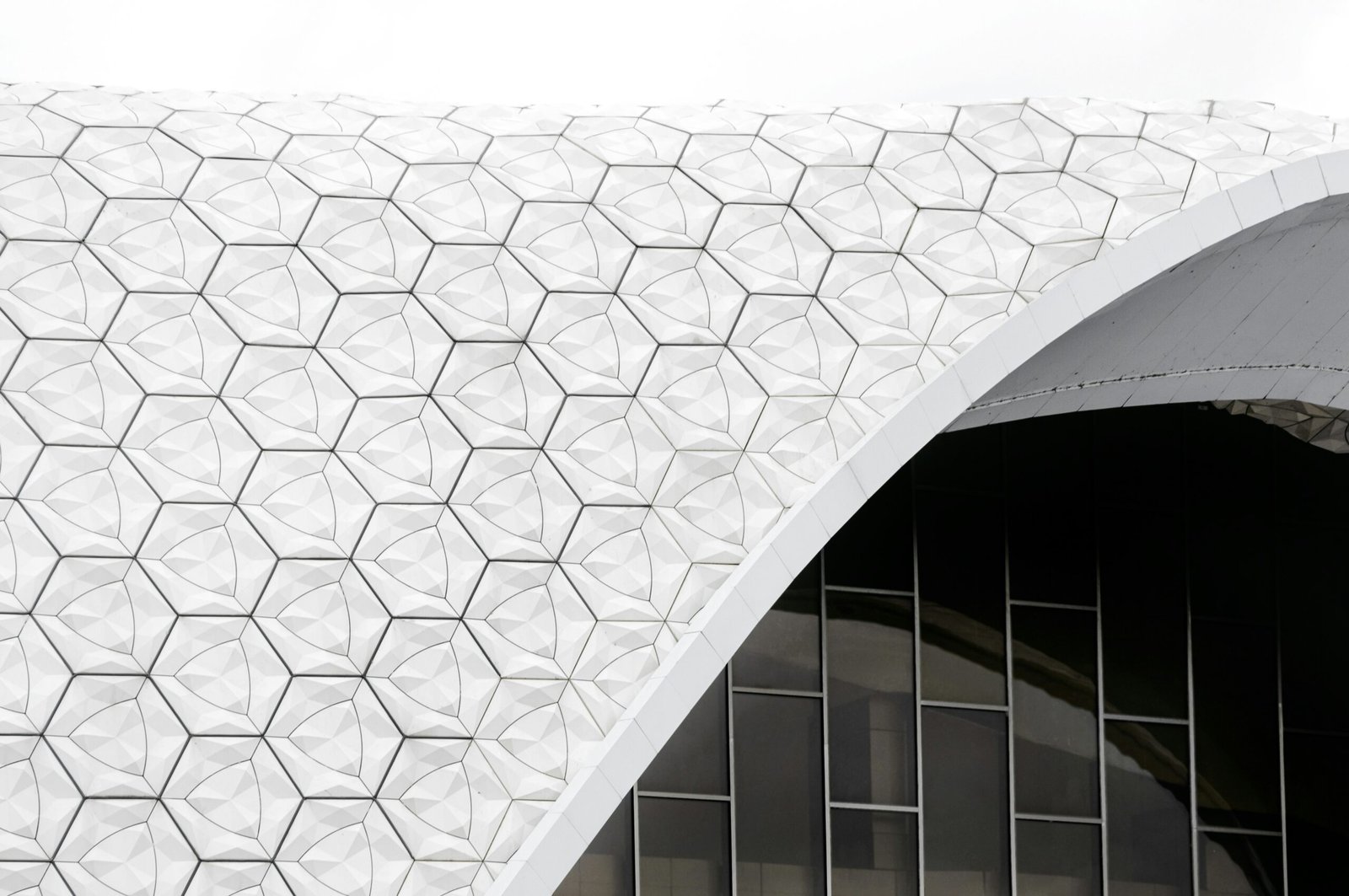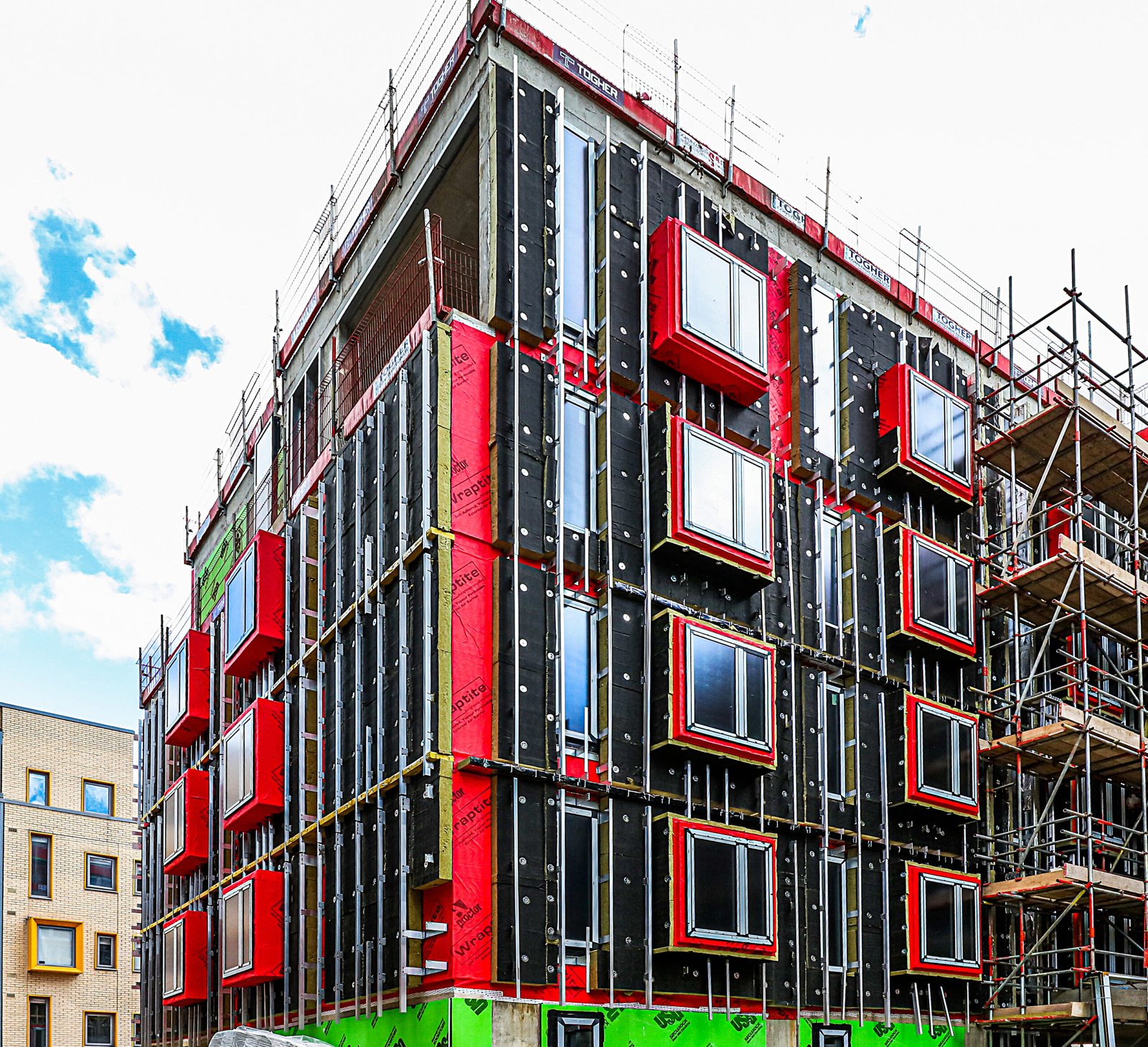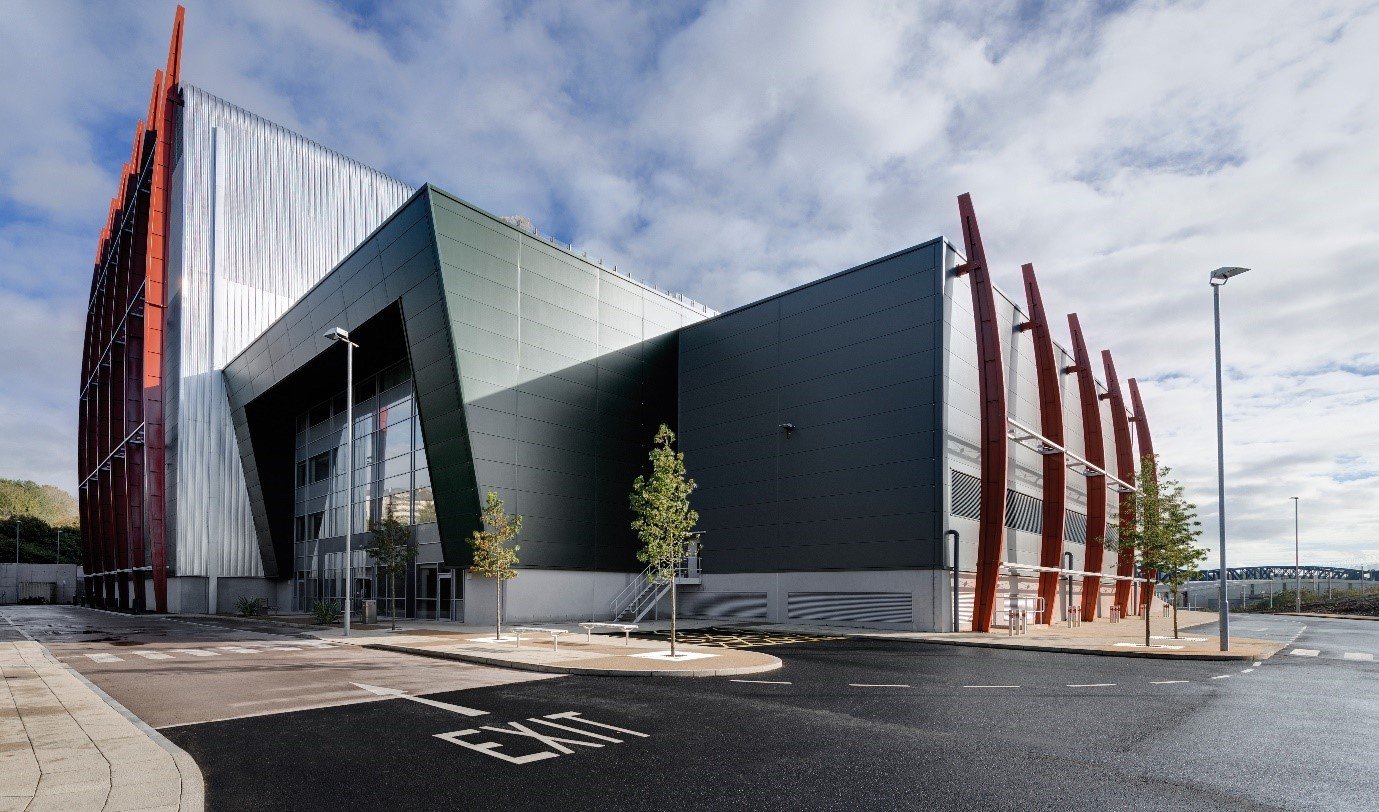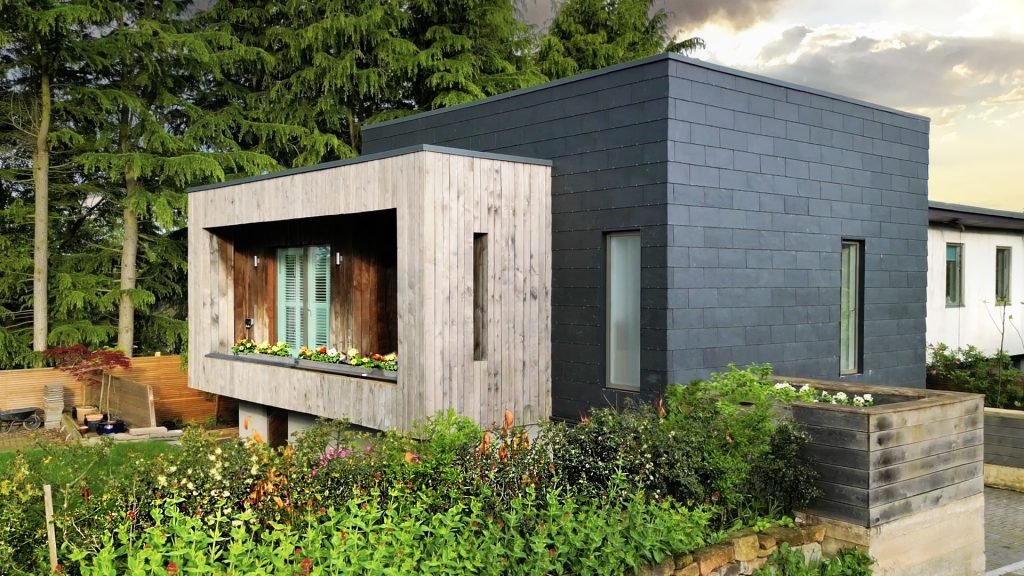The Digital Wave in Facade Construction: A 2024 Perspective
In an era where technology intersects with every facet of life, the UK construction industry is not left behind. The year 2024 stands as a testament to how digital transformation is redefining the standards of facade design and construction. With innovations like Building Information Modeling (BIM), 3D printing, Artificial Intelligence (AI), and drone technology, the field is experiencing unprecedented efficiency, creativity, and collaboration.
Embracing the Digital Revolution
BIM: A Game Changer in Facade Design
Building Information Modeling (BIM) has transitioned from a nice-to-have to a must-have in facade construction. BIM’s 3D modeling software not only allows for the meticulous planning and designing of facade systems but also facilitates seamless communication among all project stakeholders. The result? Fewer errors, reduced waste, and streamlined project timelines. For architects, main contractors, and subcontractors alike, BIM is the cornerstone of modern facade design and construction, ensuring a cohesive and transparent project flow from inception to completion.
3D Printing: Crafting the Future, One Layer at a Time
Imagine the ability to produce complex, custom facade elements directly from a digital file. 3D printing makes this possible, offering unprecedented flexibility and innovation in facade design. From intricate patterns to bespoke cladding solutions, 3D printing pushes the boundaries of creativity while significantly cutting down production times and costs.
AI and Machine Learning: Design Optimization at Its Best
Artificial Intelligence (AI) and machine learning are not just buzzwords; they are revolutionizing facade design through predictive analytics and optimization algorithms. By analyzing vast datasets, AI can predict optimal facade configurations for energy efficiency, sustainability, and aesthetic appeal, empowering designers to make informed decisions backed by solid data.
Drones: The Sky’s the Limit for Facade Inspection and Surveying
Drones are taking facade inspection and surveying to new heights—literally. Equipped with high-resolution cameras and sensors, drones can safely and efficiently assess hard-to-reach areas of a building’s facade, identifying potential issues before they escalate. This not only improves maintenance strategies but also enhances the safety of inspection teams.
Navigating the Challenges
While the digital revolution in facade design and construction offers myriad benefits, it also presents challenges, particularly in terms of skill gaps and the initial cost of technology adoption. However, the long-term gains—increased efficiency, reduced costs, and enhanced project outcomes—far outweigh these hurdles.
Real-World Impact: Digital Success Stories
Across the UK, numerous projects exemplify the successful integration of digital technologies in facade design and construction. From iconic skyscrapers embracing BIM for seamless execution to heritage buildings utilizing 3D scanning for preservation efforts, these success stories underscore the transformative potential of digital tools in the construction industry.
Looking Ahead
The digital transformation of the UK’s facade design and construction sector is not just a fleeting trend; it’s a comprehensive shift towards smarter, more sustainable building practices. As we look to the future, the continued adoption and advancement of digital technologies will undoubtedly play a pivotal role in shaping the skylines of tomorrow.
FAQs
Q: How does BIM improve project outcomes in facade construction? A: BIM enhances project outcomes by improving the accuracy of designs, facilitating better communication among stakeholders, and reducing errors and waste.
Q: Can 3D printing be used for large-scale facade projects? A: Yes, 3D printing is increasingly being adopted for large-scale projects, offering customized solutions and reducing production time and costs.
Q: Are there any privacy concerns with using drones for facade inspections? A: While drones raise potential privacy issues, their use is generally regulated by laws that ensure they are operated in a manner that respects privacy and safety.







